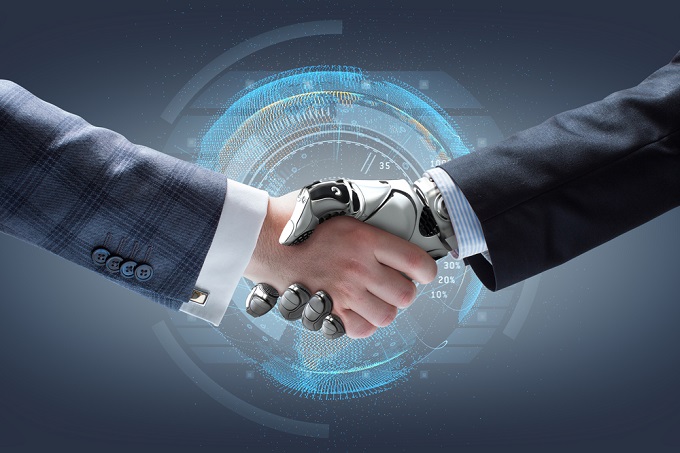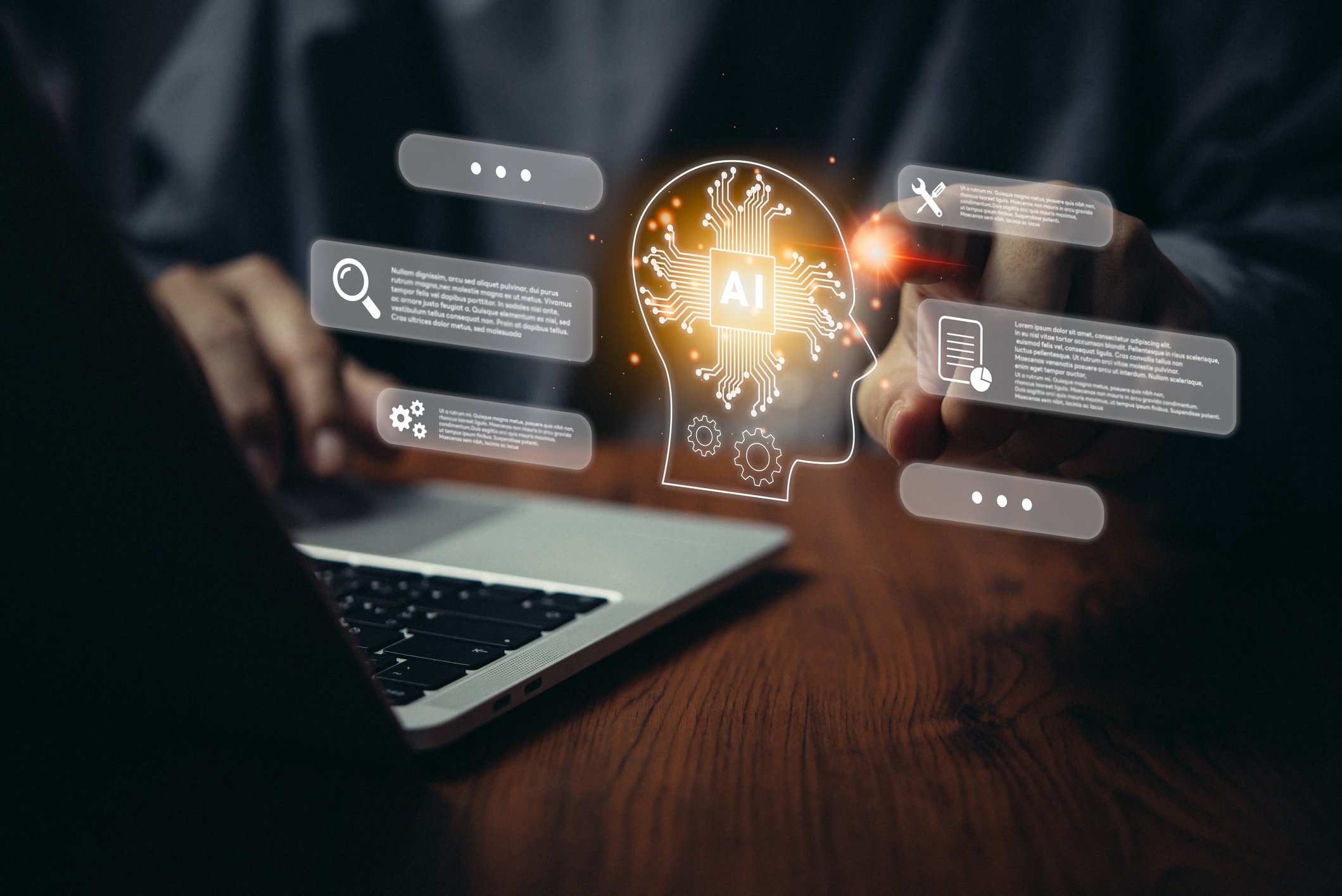In an era defined by swift technological advancements, the concept of autonomous AI agents is poised to revolutionize the landscape of work automation. Imagine a workforce where intelligent systems handle tedious tasks, adapt to changing environments, and collaborate seamlessly with human teams.
This isnt a distant utopia—its becoming our reality. As industries grapple with the demand for efficiency and innovation, these AI-driven agents emerge as indispensable allies, capable of learning from experience and streamlining complex processes.
From enhancing customer service with natural language processing to optimizing supply chain logistics through predictive analytics, their applications are as diverse as they are transformative. As we stand on the precipice of this new frontier, its crucial to explore how these autonomous agents will reshape our work environments, redefine job roles, and challenge our perceptions of productivity and creativity.
Welcome to a future where work is not just automated, but intelligently enhanced by artificial intelligence.
The Technology Behind Autonomous AI

The technology behind autonomous AI is a fascinating amalgamation of intricate algorithms, vast data ecosystems, and powerful machine learning models that work in concert to emulate human decision-making processes. At the core of these systems lies deep learning, where neural networks sift through mountains of data to recognize patterns and make predictions.
Imagine an AI agent navigating through an ocean of information: one moment it’s absorbing user preferences, and the next, it’s optimizing workflows based on real-time analytics. Meanwhile, natural language processing enables these agents to communicate fluently, bridging the gap between human intent and machine interpretation.
Sophisticated reinforcement learning mechanisms allow them to adapt and evolve over time, ensuring continuous improvement in performance. In this rapidly advancing landscape, autonomous AI is not merely a tool; it represents a paradigm shift in how we interact with technology, reshaping industries and redefining the essence of work itself.
Benefits of Implementing Autonomous AI Agents

The implementation of autonomous AI agents is revolutionizing the landscape of work automation, delivering a myriad of benefits that can transform business operations. Firstly, these intelligent systems enhance efficiency by seamlessly handling repetitive tasks with unmatched speed and accuracy, freeing up human employees to focus on more strategic initiatives.
Imagine a scenario where an AI agent manages data entry, scheduling, and even customer inquiries—operations that once consumed hours of valuable time now accomplished in mere minutes. Additionally, autonomous agents can work around the clock, significantly boosting productivity without the constraints of fatigue or downtime typical of human workers.
Their ability to analyze vast amounts of data in real-time further empowers organizations to make informed decisions faster than ever before. This synergy of human insight and machine efficiency not only fosters innovation but also cultivates an agile workforce capable of adapting to an ever-evolving market landscape.
Ultimately, embracing autonomous AI agents means investing in a future where collaboration between humans and machines creates unprecedented opportunities for growth and success.
The Future Landscape of Work with Autonomous AI

The future landscape of work with autonomous AI promises to redefine our professional ecosystems in ways previously confined to the realm of science fiction. Picture a world where intelligent agents seamlessly orchestrate mundane tasks, allowing human workers to focus on creative and strategic endeavors.
Imagine digital assistants not just following commands but proactively identifying opportunities for process improvement and innovation. As these autonomous systems evolve, their ability to analyze vast datasets and understand contextual nuances will not only enhance productivity but also foster more collaborative environments, intertwining human intuition with machine precision.
However, as we usher in this new era, challenges such as ethical considerations and workforce displacement will demand our attention. Balancing the undeniable benefits of automation with the human touch will be crucial, ensuring that as we advance, we do so with purpose and responsibility.
Conclusion
In conclusion, the emergence of autonomous AI agents represents a transformative shift in the landscape of work automation. As these intelligent systems continue to evolve, they offer unprecedented opportunities for enhancing productivity, streamlining operations, and fostering innovation across various industries.
However, alongside these advancements come important considerations regarding ethical implications, workforce dynamics, and the need for responsible implementation. Embracing the potential of autonomous AI agents while addressing these challenges will be crucial in navigating the future of work, ensuring that the benefits of automation are realized for both organizations and employees alike.
As we move forward, a collaborative approach between technology and human insight will be essential in shaping a work environment that is both efficient and equitable.


